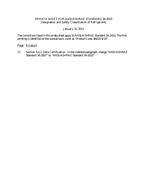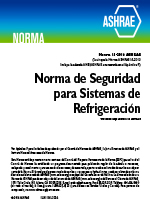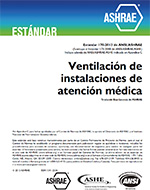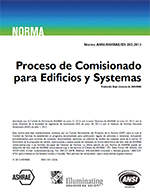Description
Gas turbines generate a significant portion of electrical energy in the country. The capacity of the gas turbines is a function of the environmental conditions. For example, by increasing the ambient temperature, the amount of the power produced from simple gas turbine cycle decreases significantly. To solve this problem, especially in hot seasons, multiple solutions are being utilized to provide cooling in the inlet air to the turbine. For every degree rise in the ambient temperature, the capacity of the gas turbine is reduced about 1%. So to preserve the production capacity a solution should be applied to keep the inlet air temperature at the desired level. Methods of cooling the inlet air in the gas turbines are divided into five categories, namely evaporative cooling, indirect cooling system, direct cooling systems, cold storage tanks and absorption systems. In this study, the application of the absorption chiller to cool the inlet air is studied. Absorption chiller uses the waste energy in the exhaust to provide the required cooling. In this study, a thermodynamical model of the single effect absorption chiller is developed. The effect of the addition of the absorption chiller to an existing gas turbine is investigated by considering the available data from the manufacturers. In addition, based on the market price of the absorption chillers the economic analysis performed. The results show that the absorption chillers can improve the capacity of the gas turbine up to 25%. The use of such a system payback period is estimated at around 2 to 10 years.
Citation: 7th International Conference on Energy Research and Development
Product Details
- Published:
- 2019
- Number of Pages:
- 8
- Units of Measure:
- Dual
- File Size:
- 1 file , 790 KB
- Product Code(s):
- D-2019ICERD7-019




